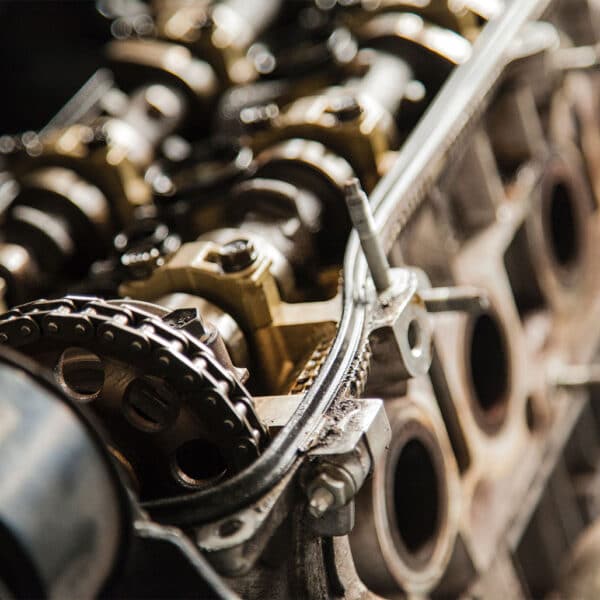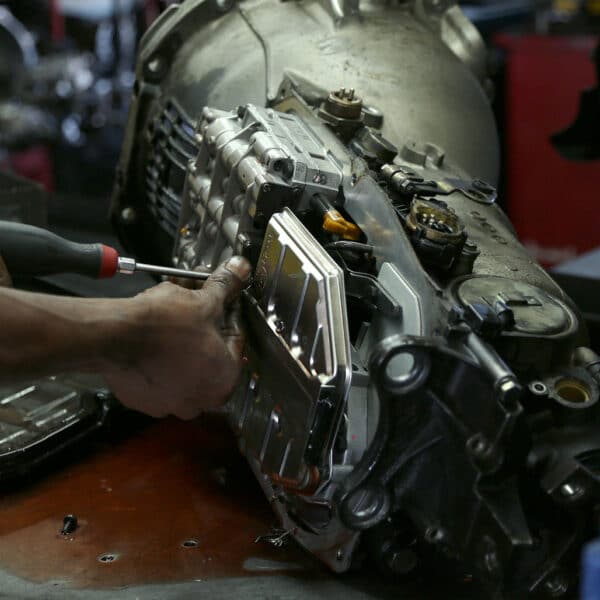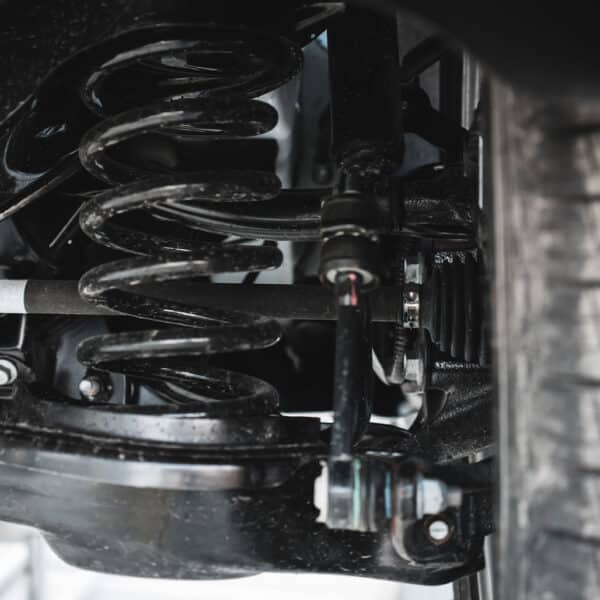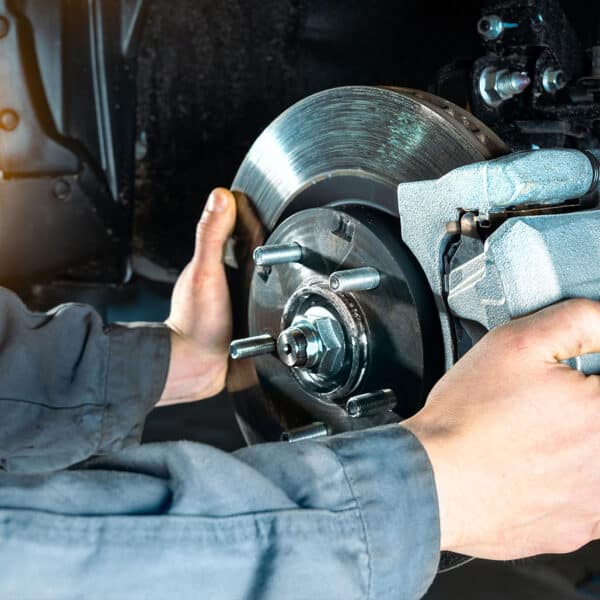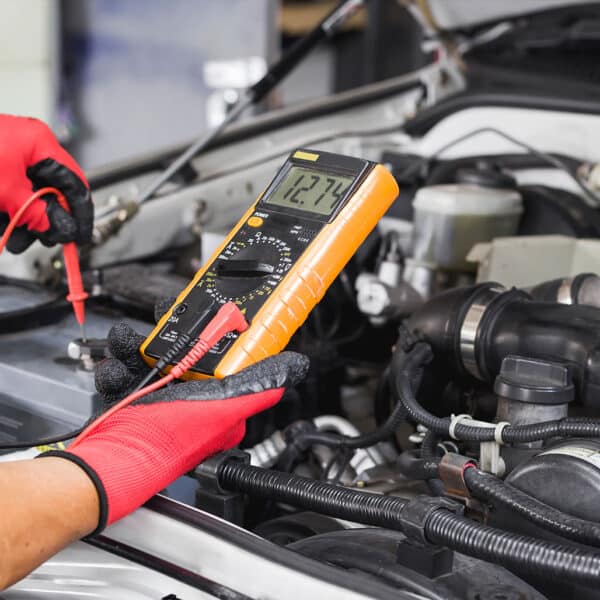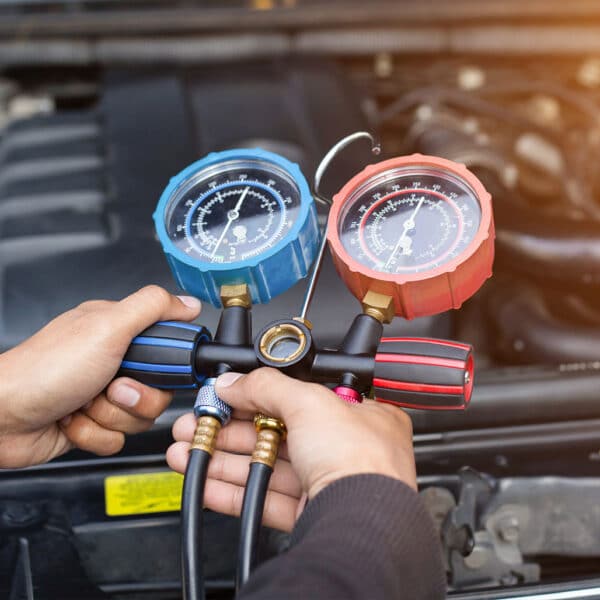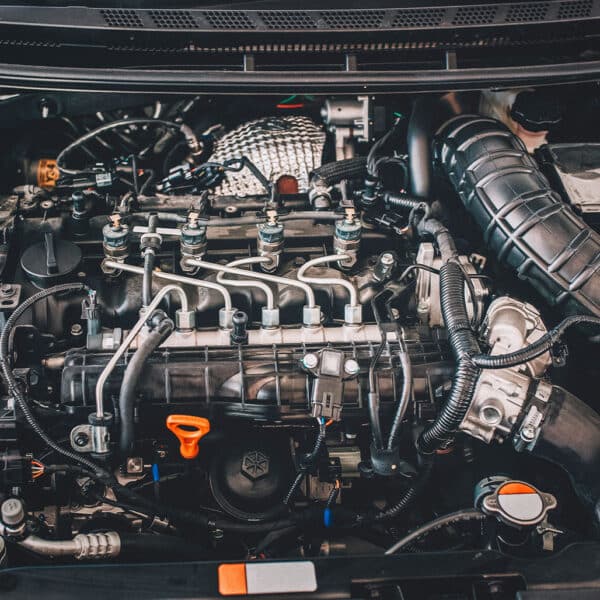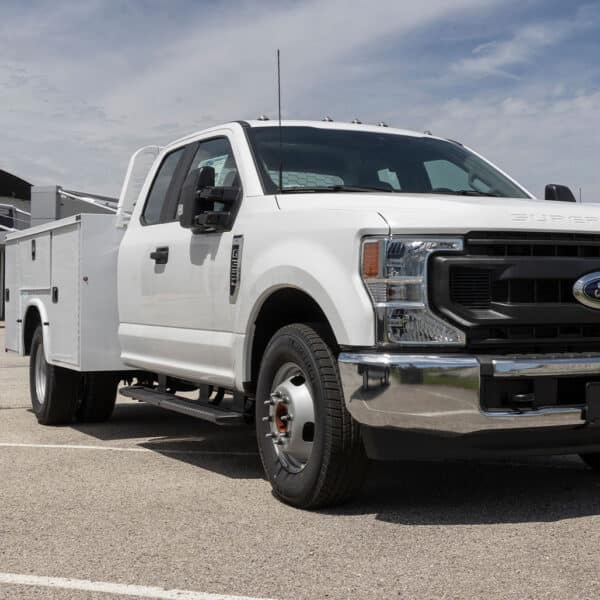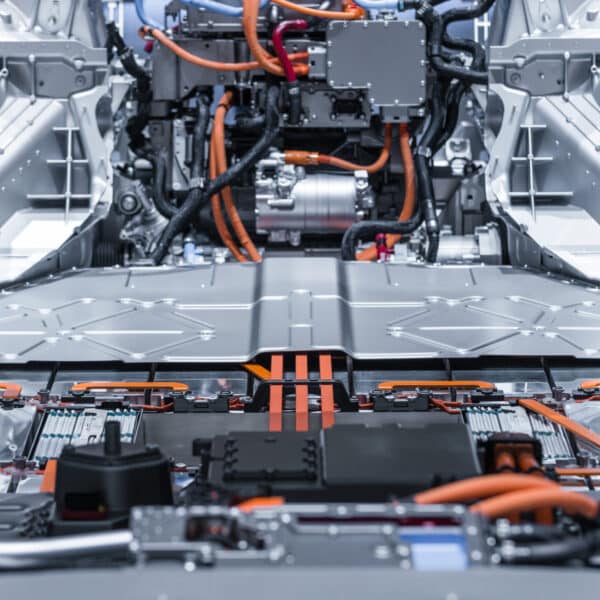Automotive Technology
Explore Toolkit’s solutions for Automotive Technology Training Systems for modern automotive classrooms.
The ever-increasing quantity of technologies found in modern vehicles, combined with the ever-increasing complexity of electronic systems and state-of-the-art technologies such as Advanced Driver Assistance Systems (ADAS), Smart Sensors, Autonomous Driving systems, Interconnected Systems, Computerized Diagnostic and Scan Tools, Plug-In Electric Vehicle and Hybrid technologies, etc. creates an increased need for automotive training to be done with modern, state-of-the-art technologies and training systems.
Modern Automotive Training Labs should keep pace with modern automotive vehicles on the road.
Automotive service technicians and mechanics can be expected to:
- Identify problems, often by using computerized diagnostic equipment
- Plan work procedures, using charts, technical manuals, and experience
- Test parts and systems to ensure that they work properly
- Follow checklists to ensure that all critical parts are examined
- Perform basic care and maintenance, including changing oil, checking fluid levels, and rotating tires
- Repair or replace worn parts, such as brake pads, wheel bearings, and sensors
- Perform repairs to manufacturer and customer specifications
- Explain automotive problems and repairs to clients
Although service technicians work on traditional mechanical systems, such as engines, transmissions, and drivebelts, they also must be familiar with a growing number of electronic systems. Braking, transmission, and steering systems, for example, are controlled primarily by computers and electronic components.
Other integrated electronic systems, such as accident-avoidance sensors, are becoming common as well. In addition, a growing number of technicians are required to work on vehicles that use electricity or alternative fuels, such as ethanol.
Service technicians use many different tools, including computerized diagnostic tools and power tools such as pneumatic wrenches, lathes, welding torches, and jacks and hoists, in addition to common hand tools like wrenches, pliers, and sockets.
Whether for transportation and logistics classrooms, agriculture and mechanics or manufacturing classrooms, Toolkit has the Automotive Service Technology Training Systems and ASE Certification-aligned solutions to fit your area’s industry training needs.
Job Outlook: 69,000 new jobs per year
Average Pay: $46,890
Shop by ASE Category
-
A1 - Engine Repair (5)
-
A2 - Automatic Transmission/Transaxle (7)
-
A3 - Manual Drivetrain & Axles (5)
-
A4 - Suspension & Steering (3)
-
A5 - Brakes (6)
-
A6 - Electrical/Electronic Systems (28)
-
A7 - Heating & Air Conditioning (8)
-
A8 - Engine Performance (13)
-
A9 - Light Vehicle Diesel Engines (6)
-
Electric Vehicles and Hybrids (10)

